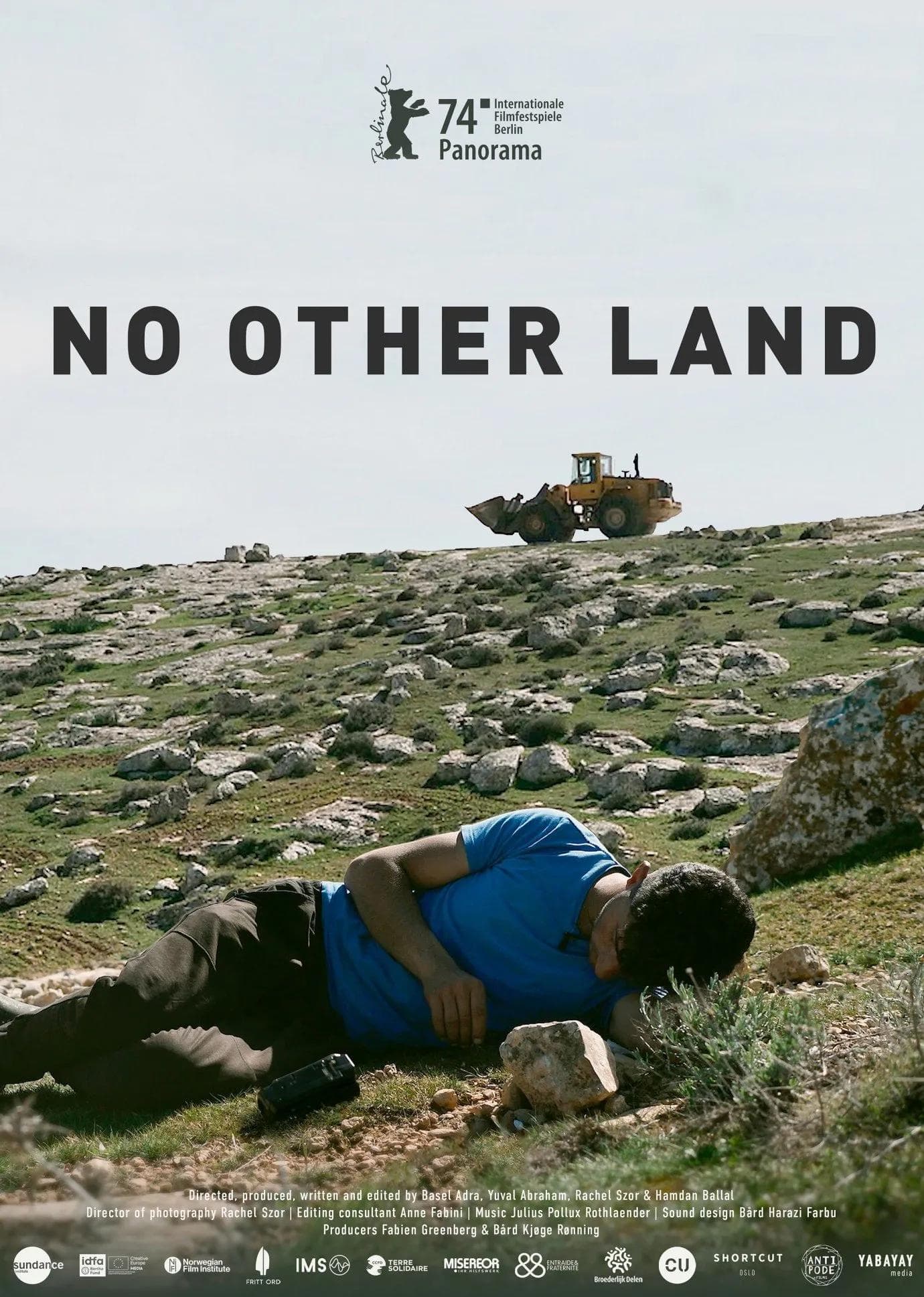
No Other Land
2024
Rate this movie
Average: 0.00 / 5
(0 votes)
Perhaps no film will disturb and move you more than this one. No Other Land is an act of cinema and co-resistance of almost unprecedented power and urgency. Winner of the Best Documentary Award at the Berlin Film Festival, the film is the result of the work of a collective of four directors, two Israeli and two Palestinian, who have combined their perspectives to create not a reportage, but an immersive and heart-wrenching experience. A work that does not speak of an impossible dialogue, but which is, in its very creation, an act of dialogue.
The film takes us to Masafer Yatta, a community of Palestinian villages in the hills south of Hebron in the West Bank, a land that the Israeli authorities have designated as a military training zone. For years, Palestinian activist and journalist Basel Adra has been filming with his camera the slow and systematic demolition of his community by the Israeli army: homes destroyed, generators confiscated, lives uprooted. At the same time, we follow the alliance that Basel forms with Yuval Abraham, an Israeli investigative journalist who uses his privileges and access to bring these stories to a wider audience. The film is a chronicle of this struggle and friendship, a four-handed diary written with a camera.
The artistic and aesthetic value of this work lies in its total adherence to anaesthetic of necessity. There is nothing glossy, nothing formally beautiful in the classical sense of the term. The direction is raw, immediate, often grainy. Basel's handheld camera is not a tool for creating style, but an extension of his body, an eye trembling with anger and fear, a fragile shield against soldiers, a weapon to capture a truth that would otherwise vanish. In this, the film harks back to the great tradition of cinéma vérité, but pushes it to its extreme consequences. It is no longer the observation of reality, but participation in a struggle for survival in which the very act of filming is an act of resistance. If one were to venture a more unusual analogy, the tension and sense of impending doom that pervade the film are almost reminiscent of found footage horror: the camera is always in the wrong place at the wrong time, danger is constantly off-screen, and every encounter with the authorities is charged with an almost physical anxiety.
The Israeli-Palestinian issue in cinema has long been told by outside voices or from clearly defined perspectives. We have had powerful works that have given voice to the Palestinian narrative and others that have explored the complexities and anxieties of Israeli society. The genius of No Other Land lies in overcoming this binary framework. Its most profound innovation is its collaborative authorship. The film is not only the story of the alliance between Basel and Yuval, but is the product of that alliance. Basel's Palestinian perspective, living the occupation firsthand, merges with Yuval's Israeli perspective, observing and deconstructing the system from within. This dual perspective creates a powerful meta-cinematic effect: we see the images shot by Basel, and then we see the Israeli crew filming the soldiers as they try to prevent Basel from filming. We are witnesses not only to injustice, but also to the struggle for the right to document it. The film thus becomes a profound reflection on the act of watching, on the responsibility of the witness, and on the possibility of creating a shared ‘us’ behind the camera, even when the outside world imposes an ‘us against them’.
Beyond its powerful political message, the film has an aesthetic and cultural value that lies in its profound humanity. This is not a film about a thesis, but a film about people. The dynamic between Basel and Yuval is a touching portrait of a friendship that manages to flourish in the most arid conditions. The relationship between Basel and his father, himself an activist, is a moving reflection on the generational transmission of struggle and hope. Above all, the film is a meditation on the meaning of “home” and “land.” The title, No Other Land, is at the heart of the matter. For the residents of Masafer Yatta, this is not just any land, a piece of territory on a political map. It is the place of their memory, their identity, the only place they can call home. The film makes us feel the weight of this ancestral bond and the tragedy inherent in uprooting a community from its land.
Ultimately, No Other Land earns its place in the canon not only for its political urgency, but for its formal and ethical revolution. It is a work that expands the boundaries of documentary, transforming it into a tool for collaborative testimony. It demonstrates that cinema, even with the most basic means, can still be an act of courage, a way to build bridges of empathy where others build walls. It offers no easy solutions, but it accomplishes the most important act: it forces us to look, to listen, and to no longer say that we don't know. It is an essential work, a piece of cinema that is both a historical document and a fragile, stubborn, indispensable manifesto of humanity.
Main Actors
Gallery
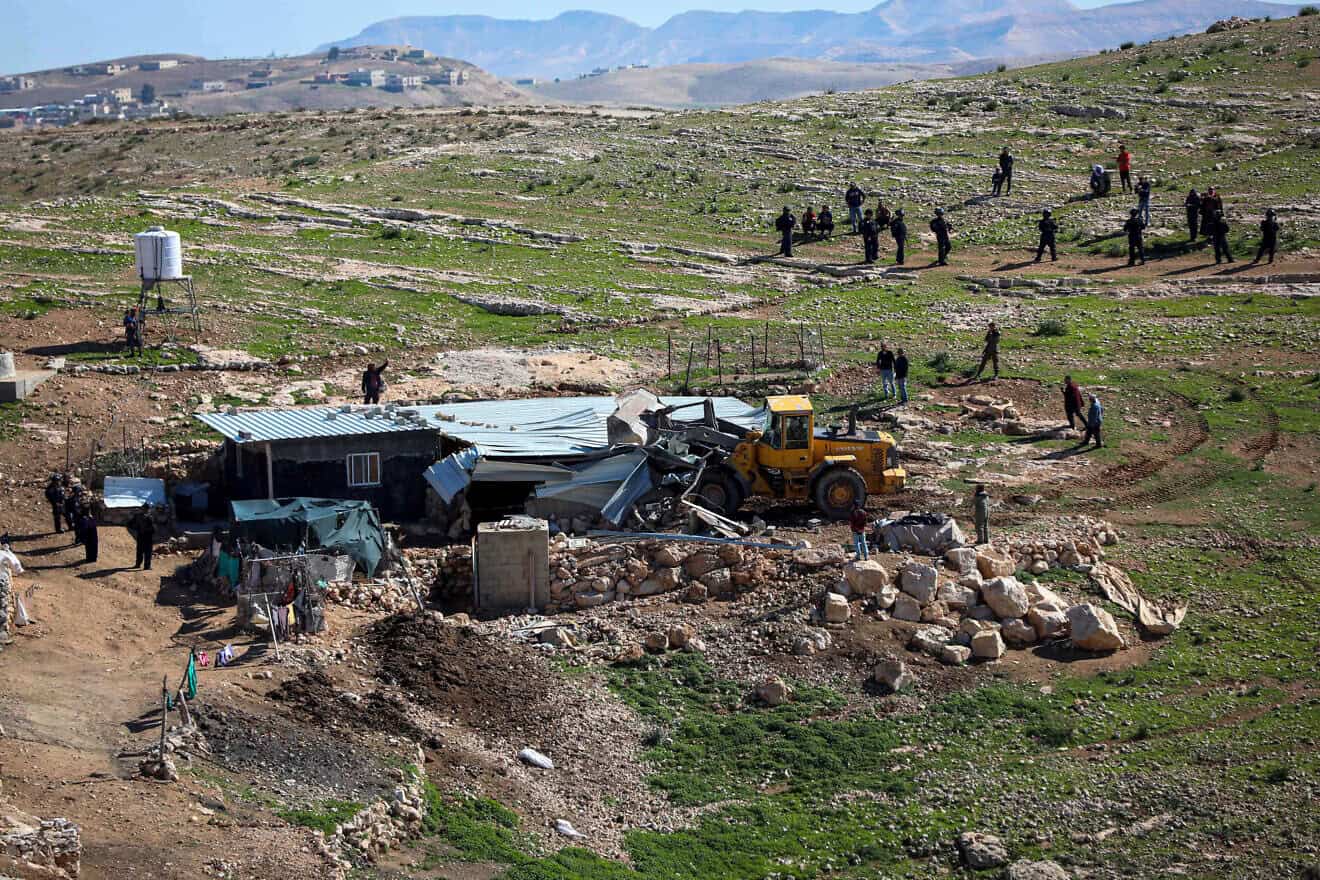
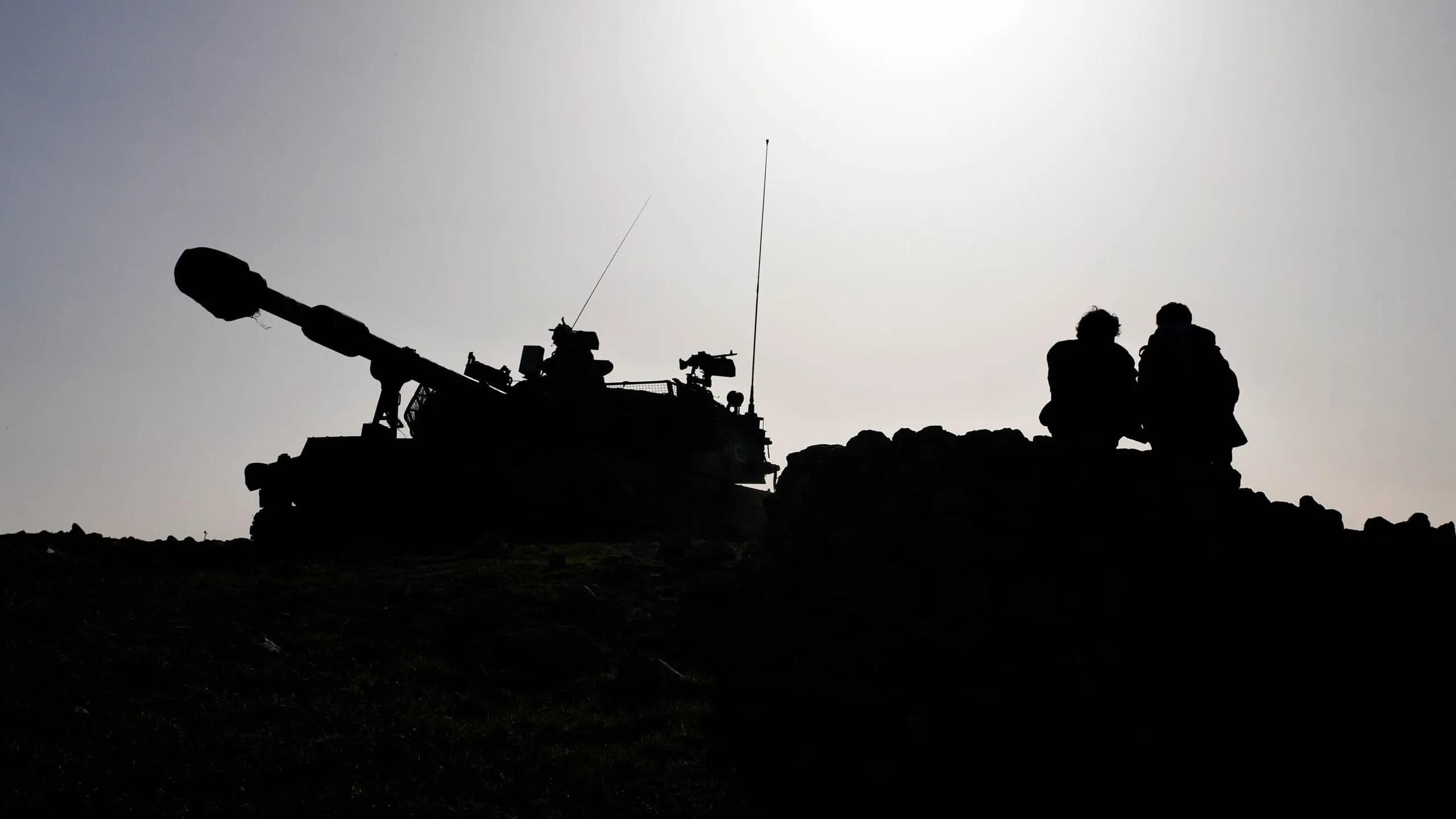
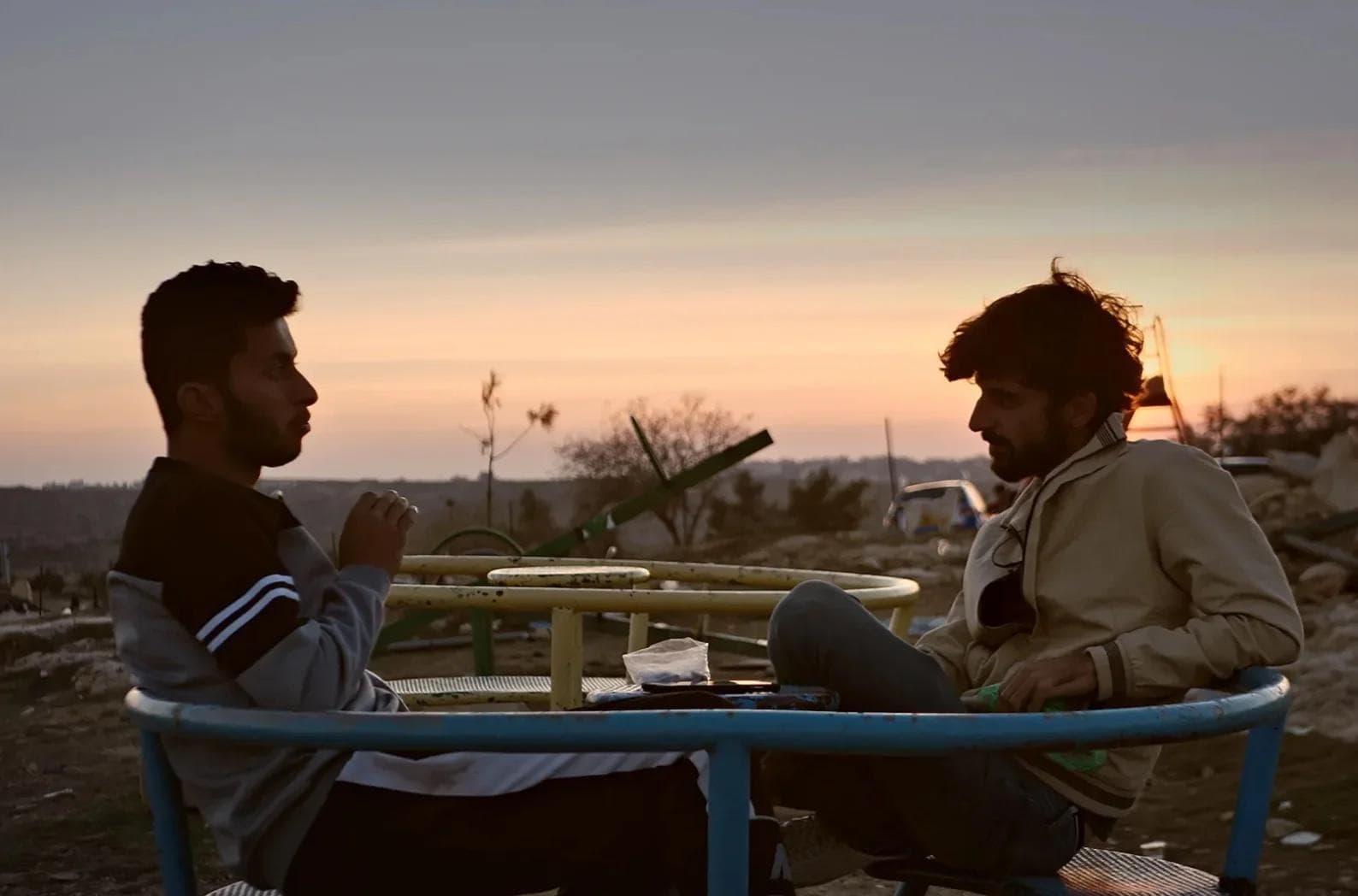
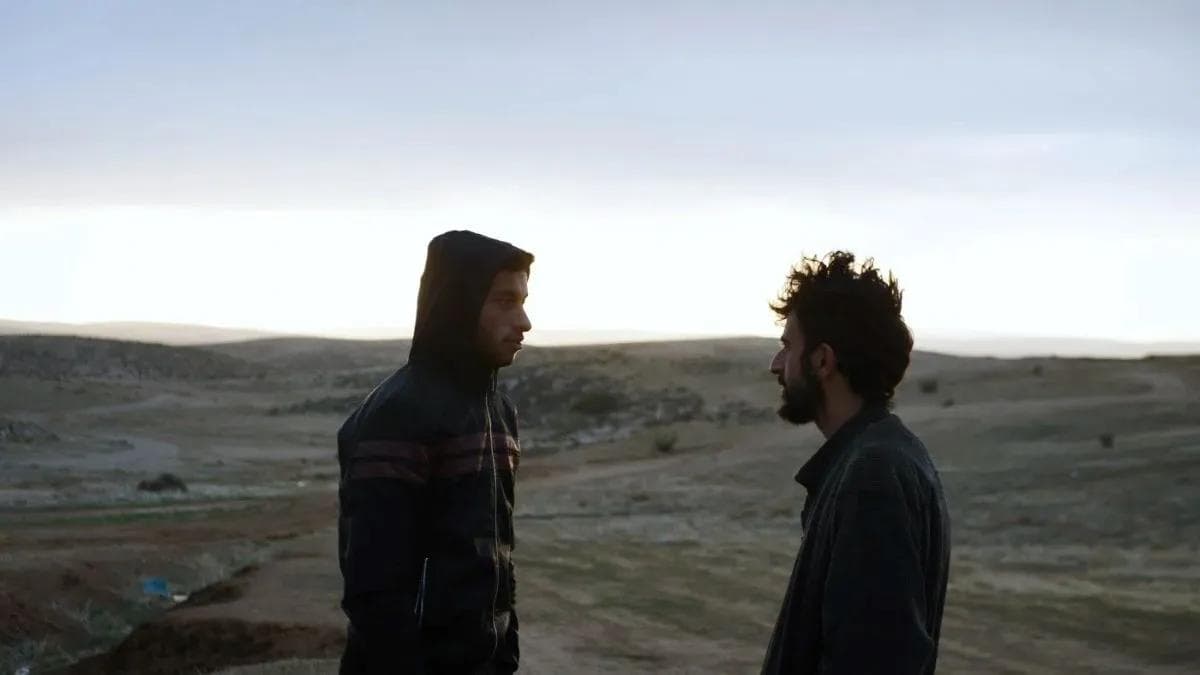
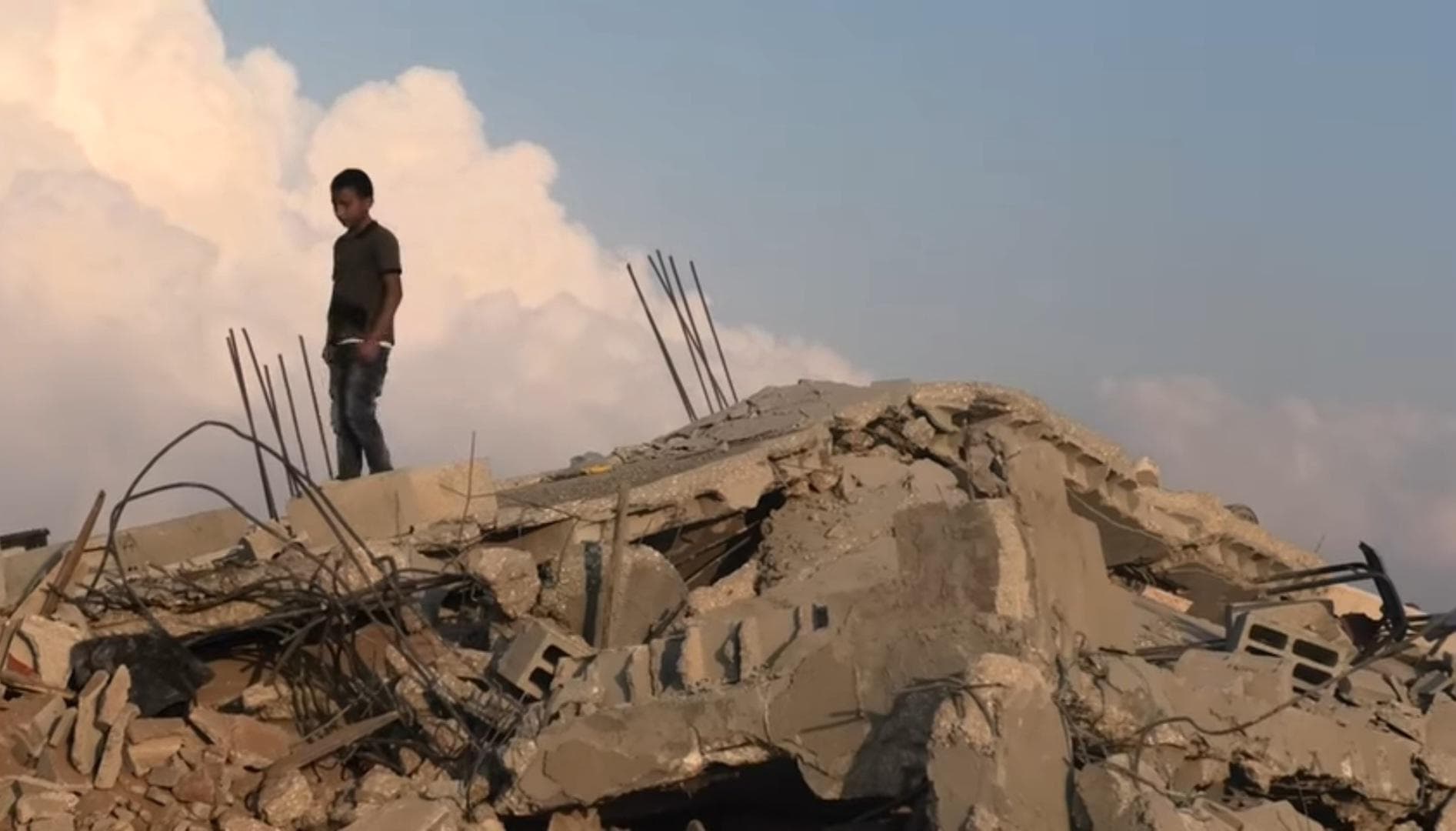
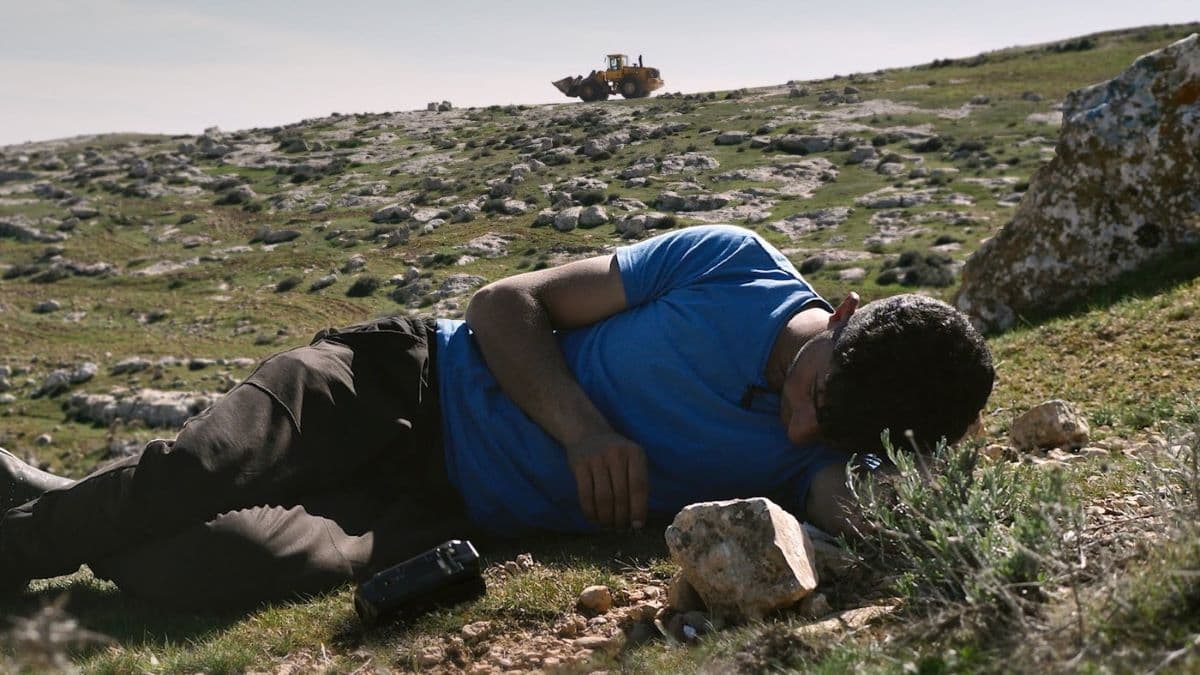
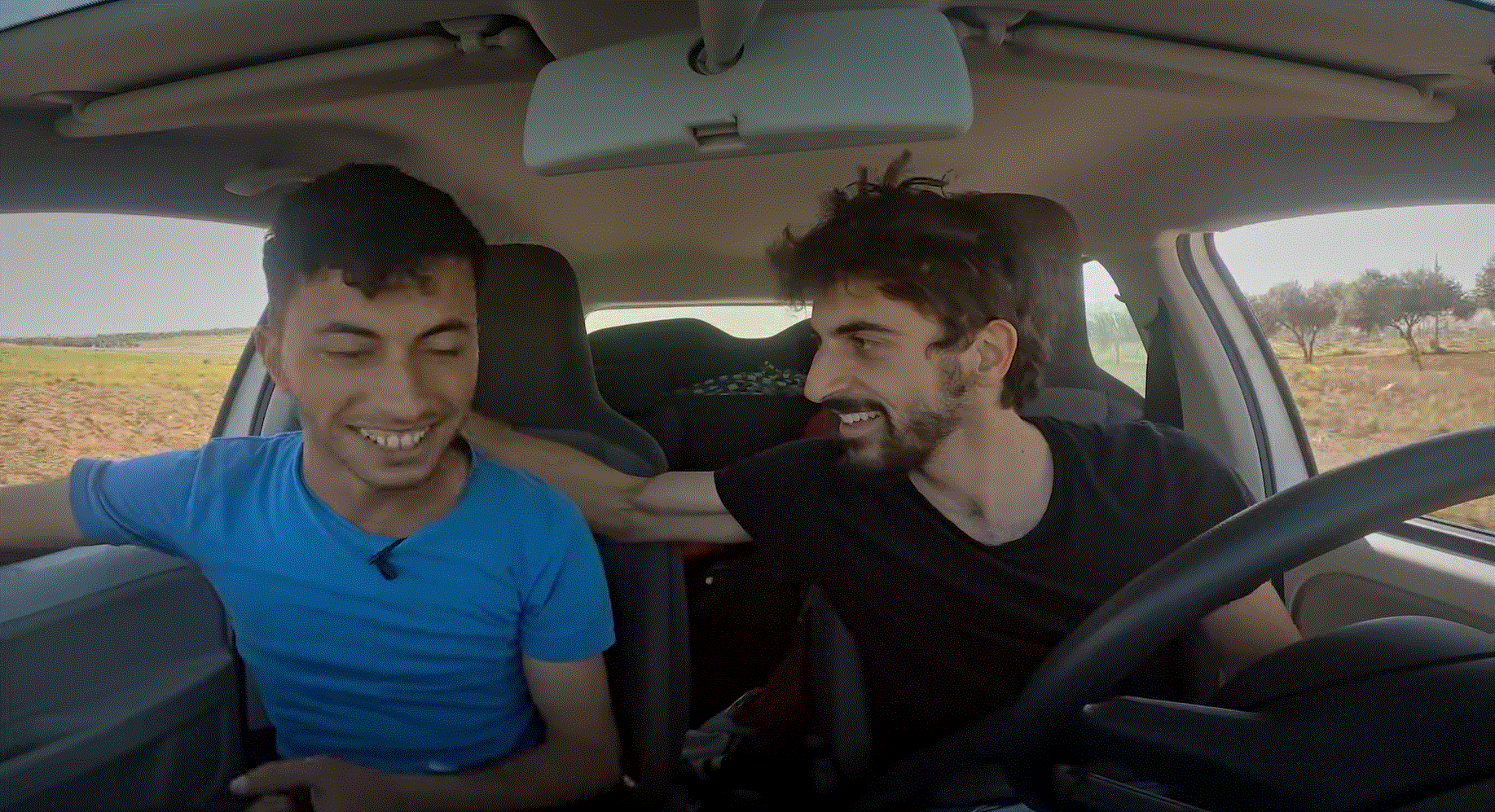
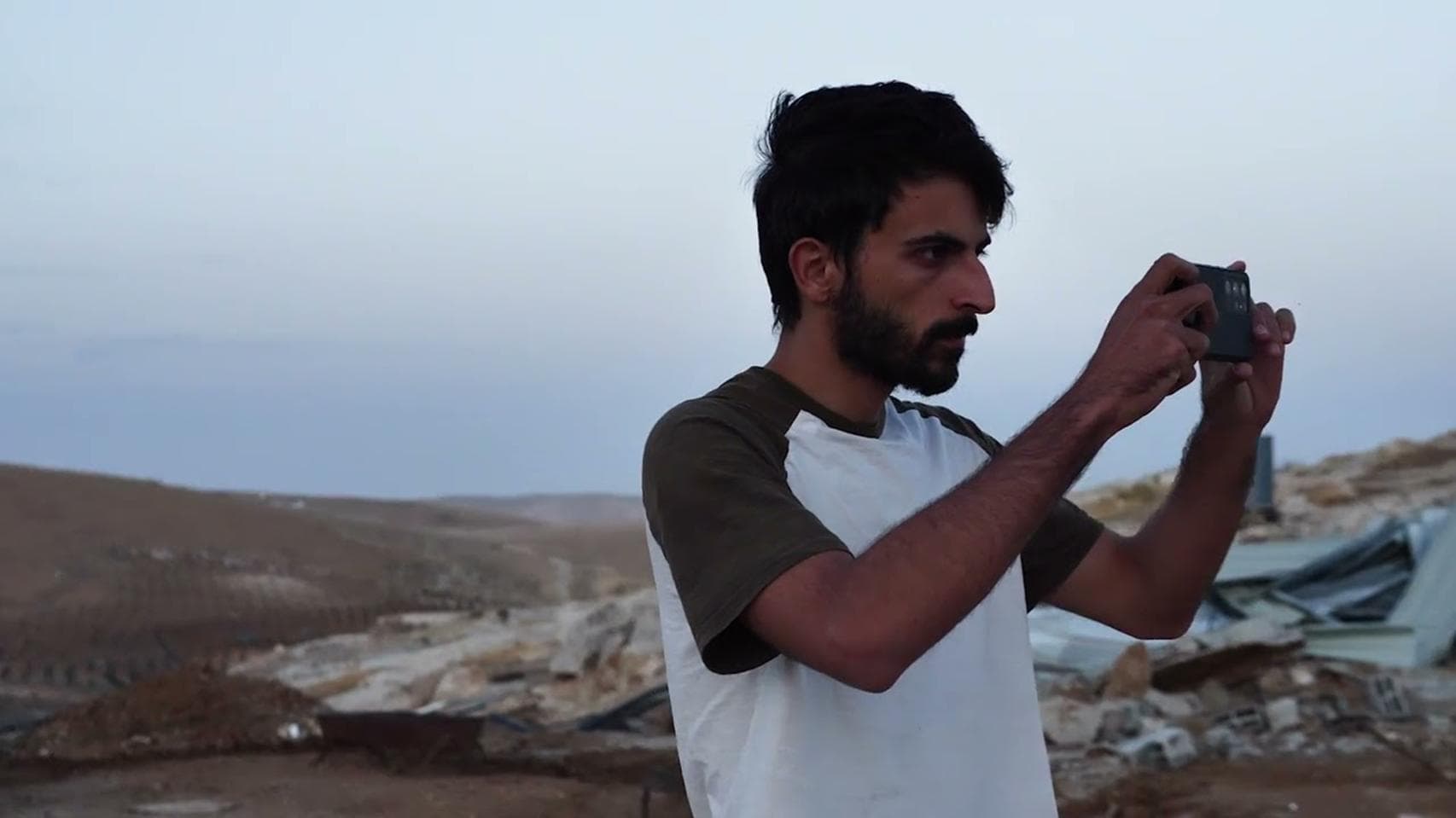
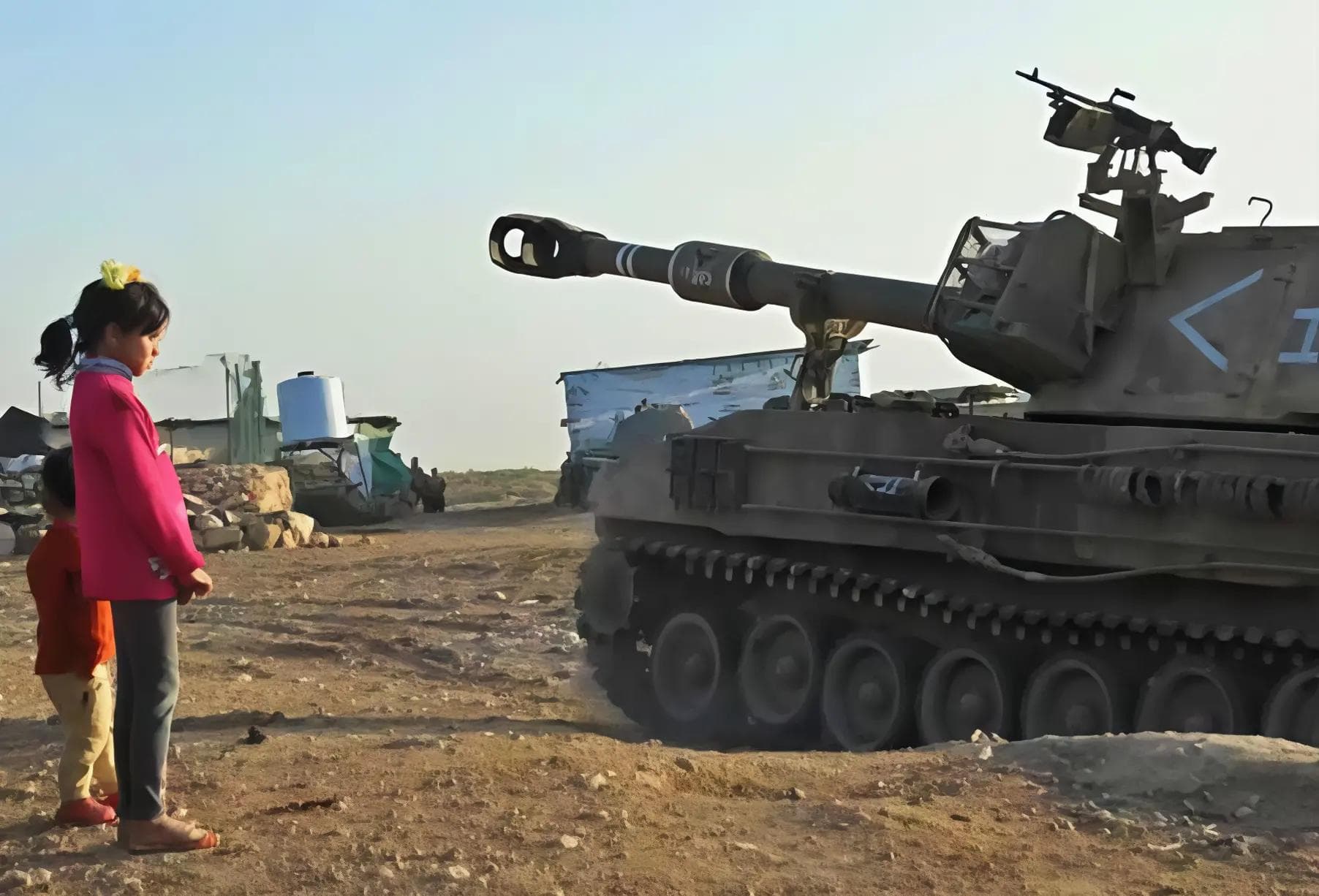
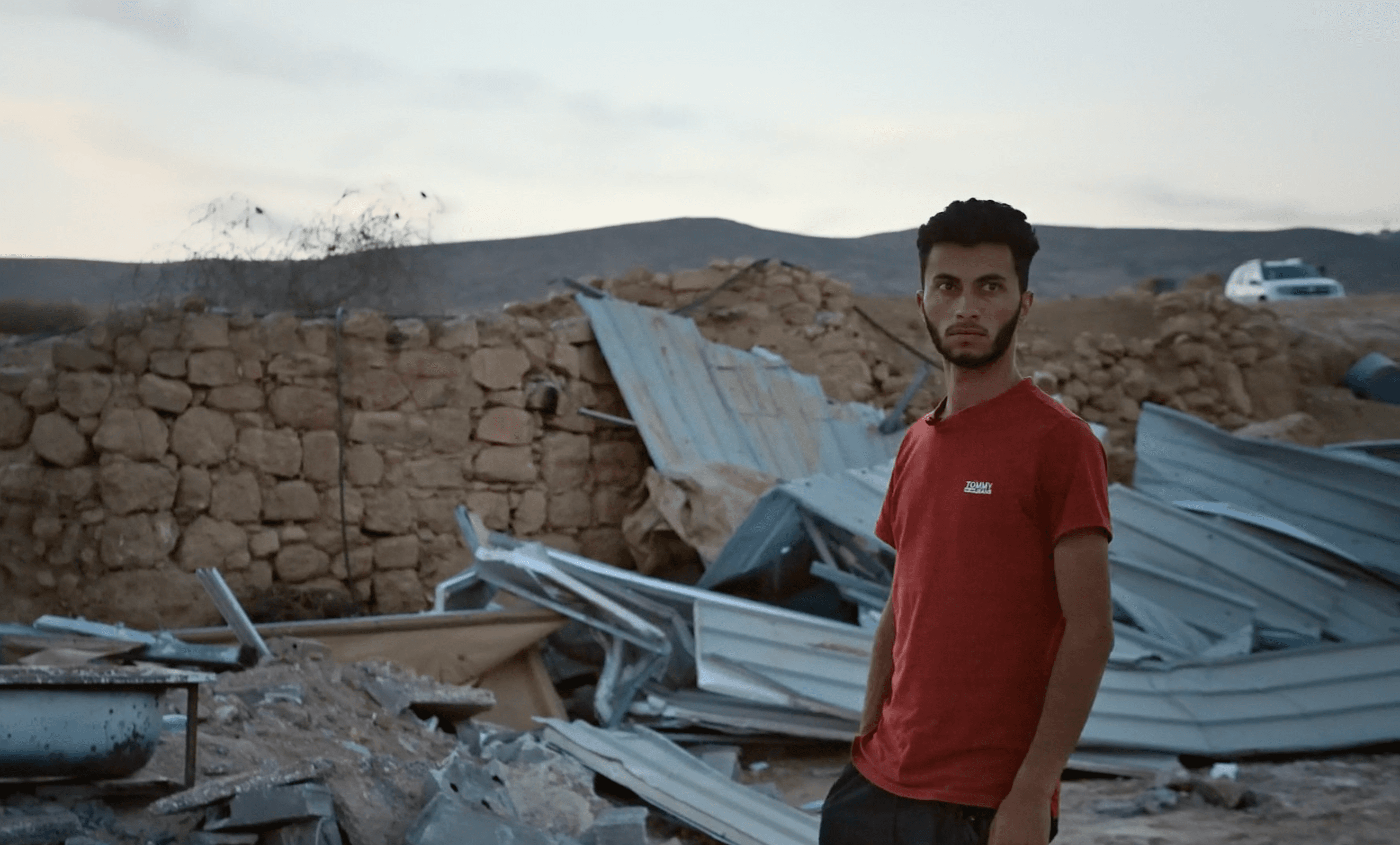
Featured Videos
Official Trailer
Comments
Loading comments...